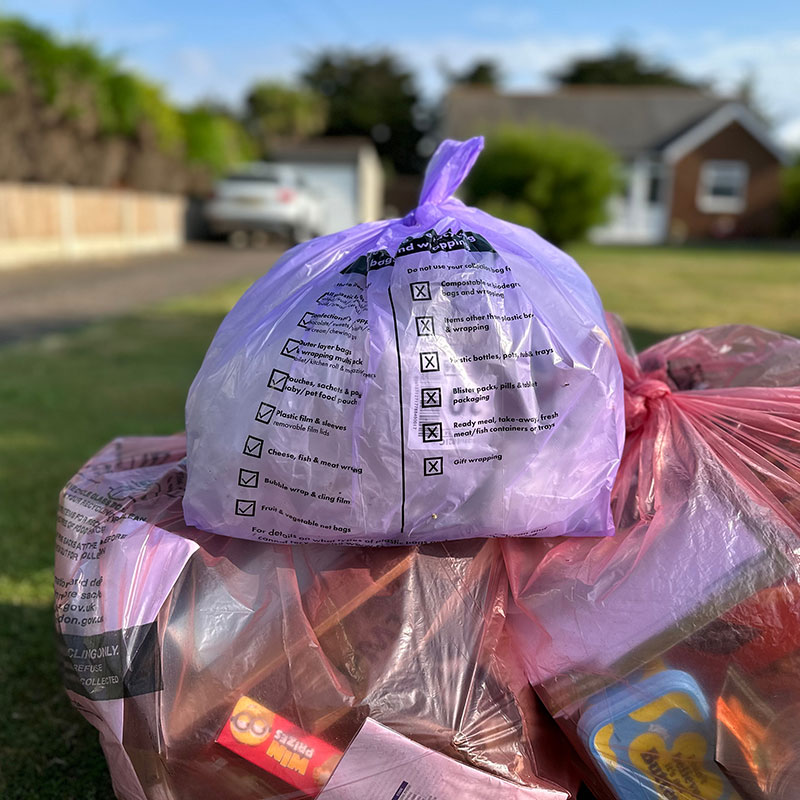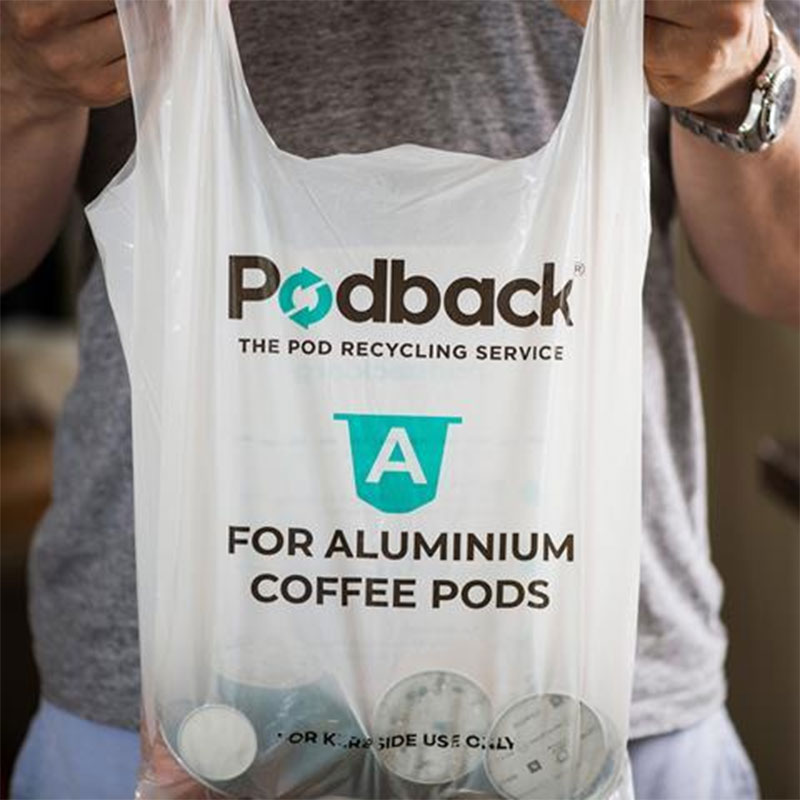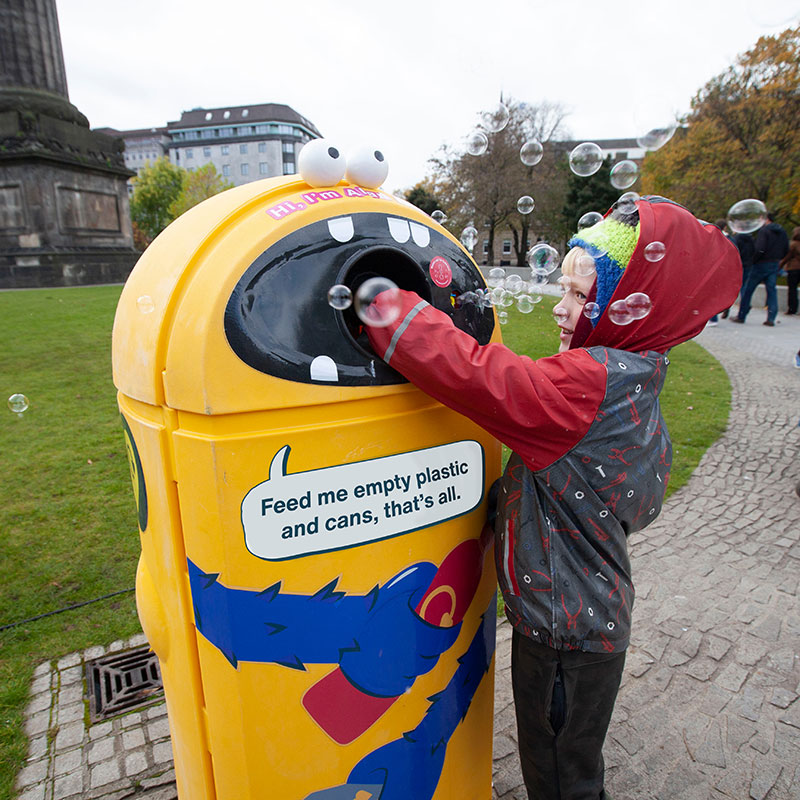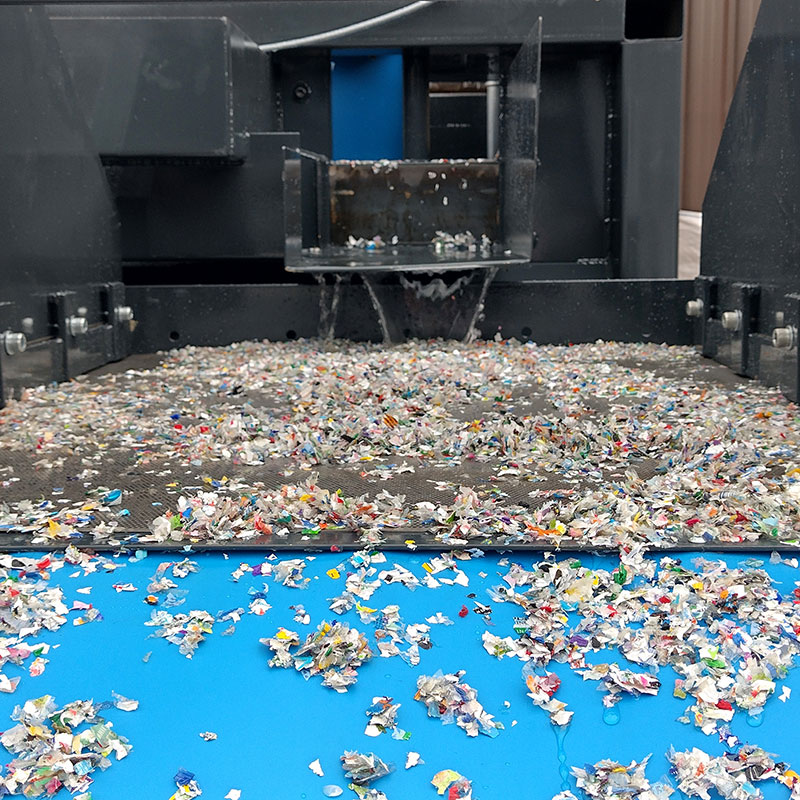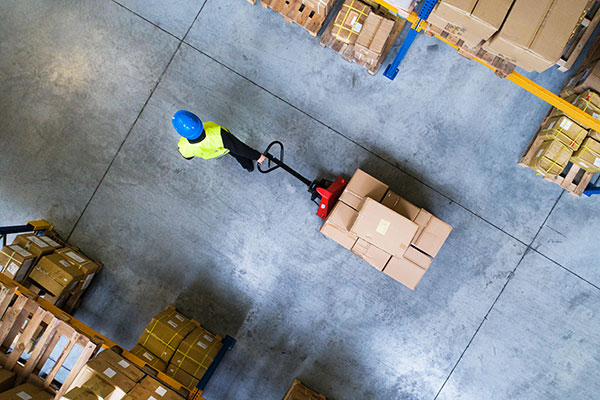
We make quite the impact
Positive change doesn’t happen by itself. We’ve been instigating, funding and supporting impactful projects that can deliver much-needed results for many years. From enabling better packaging and quality recycling to driving refill and reuse adoption – browse our highlights here.
You may also be interested in
Want to find out more? Explore the pages below:

